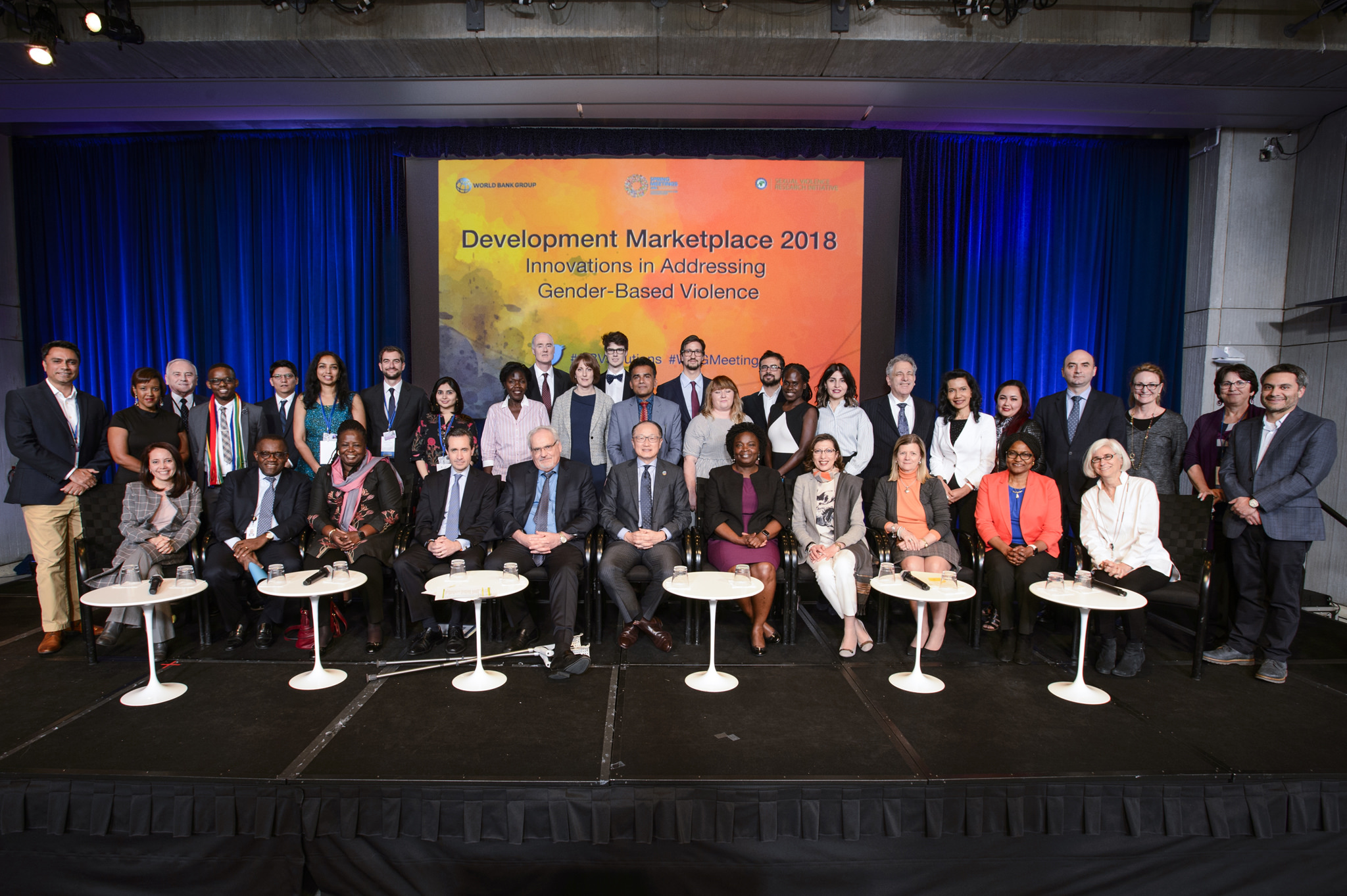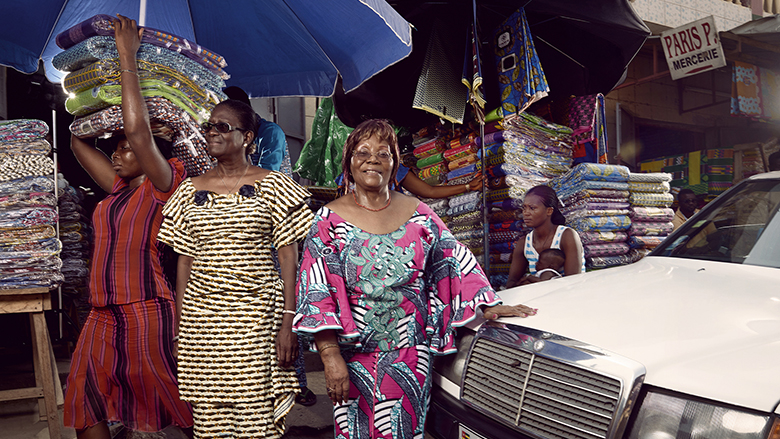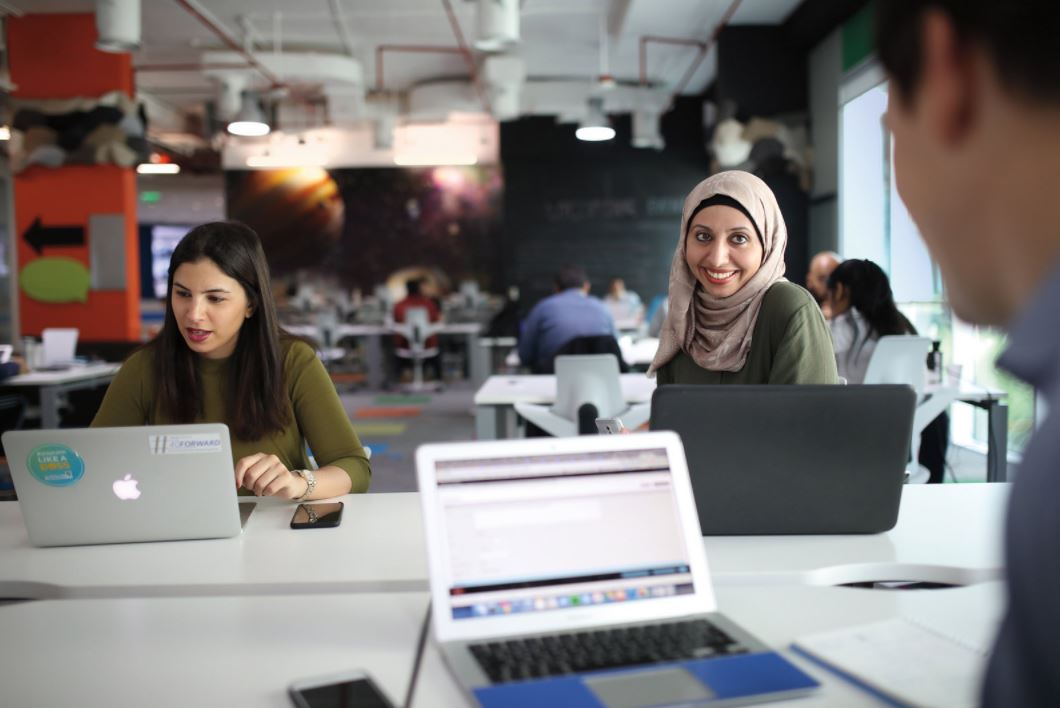Hosted on April 19th, the event brought together government leaders from around the world, as well as women entrepreneurs living and working in fragile settings who have overcome immense obstacles to launch and maintain their businesses. The panel discussion featured the Mayor of Baghdad Thikra Alwash; Deputy Minister of International Development Diane Jacovella; Egyptian Minister of Investment and Cooperation Sahar Nasr; Patricia Veringa-Gieskes, CEO of The Job Factory DRC; SheFighter Self-Defense Training founder and entrepreneur Lina Khalifeh of Jordan; and Sigrid Kaag, The Netherlands’ Minister for Foreign Trade and Development Cooperation.
Egypt’s Nasr relayed how her government is working to empower women. 2018 is “The Year of the Woman” in Egypt and, for the first time the country has six women ministers in government. Nasr noted that this has enabled the country to better include women’s issues in lawmaking processes. A new investment law in Egypt, she said, provides for equal access by gender, to land, finance, and investment opportunities. Nasar thanked the World Bank for its projects and programs that are providing greater access to finance and training opportunities for women.
Georgieva noted the World Bank’s US$1 billion vehicle for women entrepreneurs. Gender equality, she said, is good economics.
Lina Khalifeh engaged the audience with the story of her business. After a friend in college came to class bruised following a beating by male members of her family, she was inspired. Angry that her friend felt helpless, Khalifeh started a self-defense class for women in her parents’ basement. Since 2010, SheFighters has trained some 15,000 women worldwide, including 3,000 Syrian women in refugee camps.
Thikra Alwash, Mayor of Baghdad, said that in Iraq, the conflict with Daesh has affected the economy, which in turn has affected financing and economic opportunities for women. According to Alwash, including women’s voices is vital to the peace and reconciliation process. Without women’s voices, she said, societies can’t solve the root problems they face. Alwash expressed pride that, despite the conflict, there are many women-led projects all over Iraq in a myriad of sectors. She lauded the need for men as champions for women’s rights.
Canadian minister Jacovella encouraged women, in all their roles, to speak up. We need to ask for the involvement of women, and make sure that everything we do is contributing to gender equality, and a strong civil society, which means supporting local women's organizations, she said.
Kaag, from The Netherlands, said that we (governments, international organizations, etc.) must show women in refugee situations that we have high ambitions for them. These women, according to Kaag, do triple jobs as mothers, caretakers, and providers of income.
Veringa-Gieskes, who lives in Kinshasa, DRC, noted the importance of women entrepreneurs as change makers and welcomed the opportunity for more women to hold positions that allow them a seat at the decision-making level.
For a recap on the social media conversation around this event, follow #EmpowerWomen




